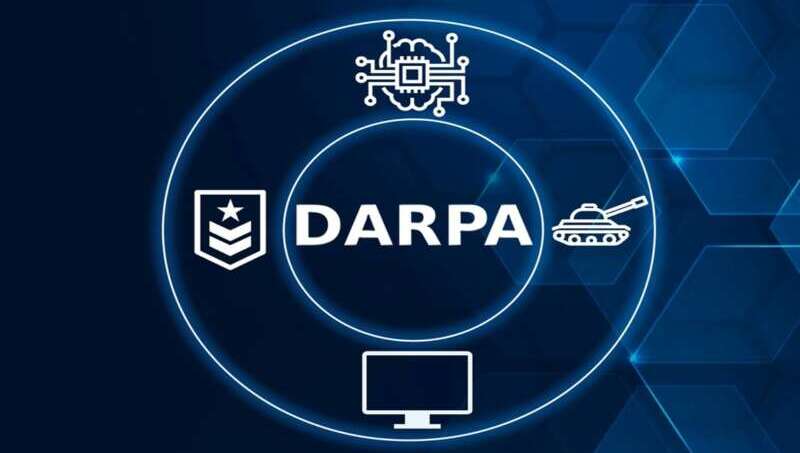
The Defense Advanced Research Projects Agency (DARPA) is establishing five new technology accelerator centers that it says will facilitate commercialization and scaling of emerging defense technologies.
In an Aug. 22 announcement, DARPA said the accelerators are being located at: Capital Factory in Austin, Texas; CIMIT based out of Massachusetts General Hospital in Boston; FedTech in Arlington, Va.; SRI International in Menlo Park, Calif.; and Wireless Research Center of North Carolina based in Wake Forest, N.C.
The accelerators will work with qualified companies receiving DARPA funding to develop early-stage technologies that DARPA said has the “potential for significant impact” by connecting them to commercial talent, private investment, and corporate networks while providing financial analysis and deal sourcing.
They accelerators will leverage regional resources – including universities and labs – to “de-risk” business challenges and ensure rapid technology scaling for national security and economic impact.
“DARPA’s mission remains steadfast in pushing the boundaries of science and technology to prevent and create technological surprise,” said Sha-Chelle Manning, DARPA’s chief of commercial strategy, in a statement.
“With these regional accelerators, we can ensure more DARPA-funded teams can recruit top talent, develop robust go-to-market strategies, raise capital, and scale operations, turning groundbreaking technology into high value for national, economic, and societal impact,” Manning said.
The accelerators will also scale the Embedded Entrepreneur Initiative (EEI), a pilot program that provides funding, mentoring, and connections to connect a performer’s technical team with commercial experts.
The initiative “grants DARPA teams with access to techno-economic market mapping to understand the commercial market,” and has raised over $1 billion in private investment capital and launched over 21 new products and services, according to DARPA.
EEI teams have worked on projects such as regenerative medical devices and therapeutics, quantum AI, bioanalyte detection platforms, and on-demand blood sampling devices.
The DARPA accelerators plan follows similar recent pushes by the Defense Department including the Office of Strategic Capital’s 2024 investment strategy in which it announced the DoD-Small Business Administration Small Business Investment Company Critical Technologies (SBICCT) Initiative that “pairs private capital with federally-guaranteed loans to increase investment in DoD’s critical technology areas.”
